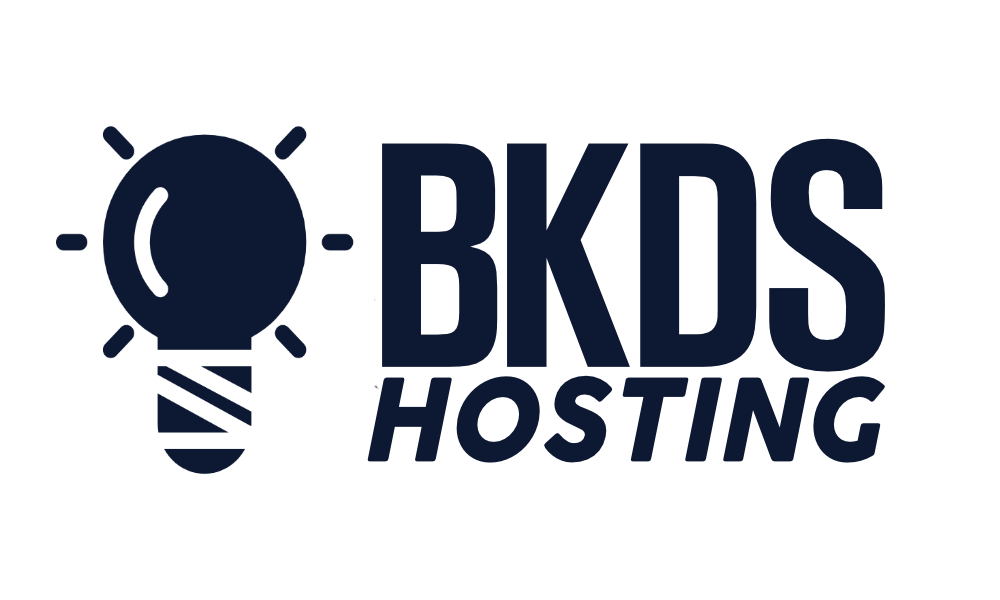In the digital age, where a significant portion of business operations and transactions occur online, the importance of secure web hosting cannot be overstated. Businesses, regardless of their size or industry, are increasingly reliant on their websites to reach customers, market products and services, and facilitate transactions. Such significant reliance on the web, however, comes with a host of potential security threats, ranging from data breaches to malware attacks. Secure web hosting serves as the first line of defence against these threats, ensuring not only the safety of the business's sensitive data but also its credibility and reputation in the eyes of its customers. The ensuing discussion will expound on the various facets of this crucial business requirement, shedding light on its undeniable relevance in today's business landscape.
Understanding Secure Web Hosting

To comprehend the concept of secure web hosting, it is crucial to understand that it functions as a protective shield against malware, viruses, and hacking attempts, thereby ensuring the integrity and optimal performance of a business's website. Secure web hosting protects against unauthorized access, safeguarding sensitive data such as passwords and credit card information. It offers not just security but peace of mind, allowing businesses to focus on core operations while maintaining a strong online presence.
Hosting providers implement rigorous security measures to prevent a security breach that could compromise sensitive data. An essential part of this process is the utilization of SSL certificates, which ensure encrypted communications between a web server and a browser, further fortifying the defense against cyber threats.
Moreover, in the event of data loss due to hacker attacks, secure web hosting provides data recovery services, ensuring business continuity. The reliability of the network offered by secure web hosting also prevents revenue loss from website downtime. Consequently, secure web hosting is an indispensable tool for any business aiming for a robust digital presence without compromising data security.
Protection Against Cyber Threats
In the face of escalating cyber threats, secure web hosting companies utilize both proactive and reactive strategies, encompassing a range of security features such as SSL certificates, web application firewalls, and malware scanning, to safeguard websites and sensitive data from unauthorized access and potential damages. This protection against cyber threats is essential, for it not only preserves website content but also prevents potential financial losses.
| Security Feature | Role | Provided by |
|---|---|---|
| SSL Certification | Encrypts data, ensuring secure transactions | Reliable Web Hosting Providers |
| Web Application Firewalls | Blocks harmful traffic before it reaches the server | Secure Web Hosting Companies |
| Malware Scanning | Detects and removes malicious software | Secure Web Hosting Services |
| Data Backup | Restores lost data, mitigating data loss | Web Hosting Providers |
These features ensure that the server network remains impenetrable to cyber threats. Regular malware scanning identifies potential threats, while data backup services ensure the swift recovery of lost data. Reliable web hosting providers are thus instrumental in maintaining businesses' digital presence, demonstrating the critical importance of secure web hosting in today's technologically advanced business environment.
Ensuring Data Privacy and Integrity

Maintaining data privacy and ensuring its integrity are two paramount considerations that secure web hosting companies undertake through rigorous data encryption and strict access controls. Reliable Web Hosting Services understand the need for a hosting plan that guarantees privacy and safeguards data, as these are integral to the success and credibility of an online business.
To ensure data privacy and integrity, a reliable hosting provider typically employs:
- Secure Data Storage: This involves protecting and managing data in a secure environment, often utilizing advanced encryption methods.
- Strict Access Controls: Access to data is strictly regulated, with permissions granted only to authorized personnel.
- Performance Optimization: This ensures that servers run smoothly and efficiently, mitigating any risk of data loss or compromise due to performance issues.
- Technical Support: In case of issues or breaches, a dedicated support team is on hand to provide immediate assistance and rectify the situation.
Opting for a Website Hosting provider that offers these features within their Website Hosting services is a strategic move in reinforcing your online business' security posture. It not only enhances your business's trustworthiness but also significantly reduces the risk of data breaches.
The Role of Hosting in Data Loss Prevention
While a secure web hosting service significantly reduces the risk of data breaches and ensures data privacy, it also plays a pivotal role in data loss prevention, a critical factor for maintaining the robustness of an online business. In a digital world where data is the new currency, secure hosting provides a safeguard against potential data loss due to cyber threats or system failures.
Web hosting means more than just making a website accessible online; it's about providing a secure environment where data is always protected. The best website hosting providers offer robust security measures such as SSL certificates, web application firewalls, and regular malware scanning to prevent unauthorized access and data breaches.
Moreover, a web hosting provider is responsible for backing up your website data regularly, ensuring you can retrieve vital information if any loss occurs. This service is a crucial part of a robust online data loss prevention strategy.
Hosting providers also offer high uptime guarantees, minimizing the risk of hardware failures and DDoS attacks that could lead to data loss. Thus, secure web hosting services are indispensable for businesses aiming to prevent data loss and ensure smooth online operations.
Reliable Networks and Secure Hosting

Undeniably, the reliability of a network forms the backbone of secure hosting, ensuring consistent and unbroken access to online data while providing robust defenses against cyber threats. As a business grows, so does its online presence, making it even more critical to choose reliable website hosting companies. These companies offer secure hosting solutions such as Server Hosting, VPS Hosting, and Private Server options, each designed to protect sensitive credit card information and credit card numbers while maintaining a seamless online experience.
Four key points to consider are:
- Server Hosting: This provides a dedicated environment that safeguards against data breaches, ensuring data integrity.
- VPS Hosting: This gives businesses their own separate server space, providing an added layer of security.
- Private Server: This option offers the highest level of control and security, ideal for businesses with significant online activities.
- Reliable Networks: These are crucial in maintaining a constant online presence, avoiding costly downtimes.
Conclusion
In sum, secure web hosting is a pivotal aspect of business operations, safeguarding against cyber threats, maintaining data privacy, and preventing data loss. It also assures network reliability, mitigating revenue loss. Hence, secure web hosting not only enhances the security and credibility of businesses but also underpins their online presence and operational focus. Therefore, integrating secure web hosting is an investment that yields significant returns for businesses in the digital age.

